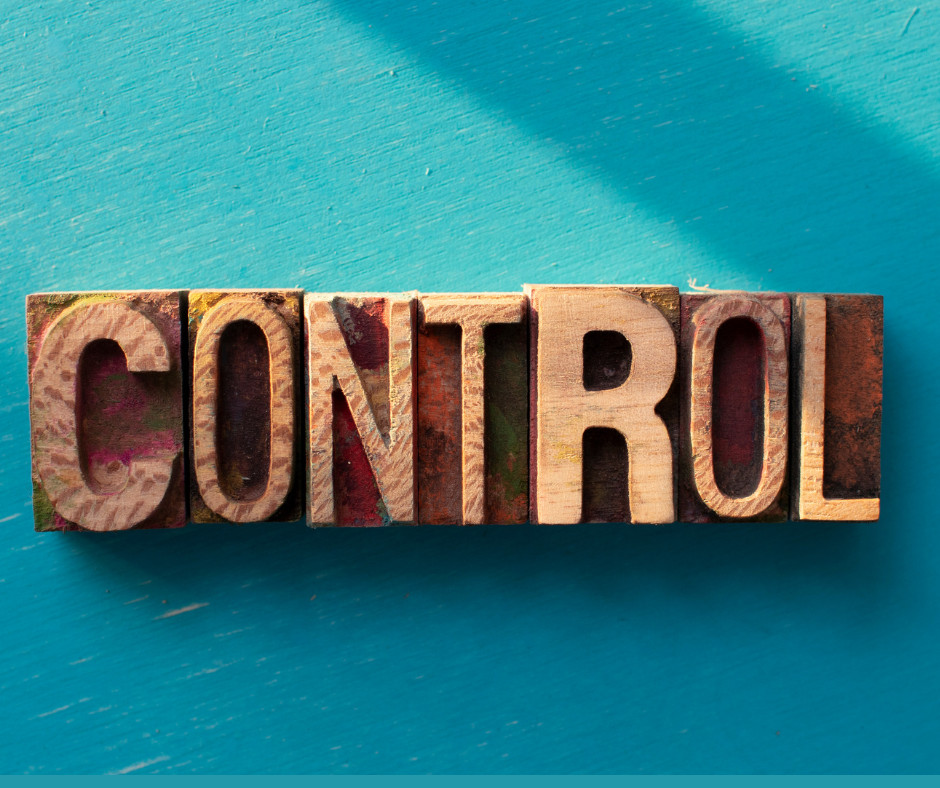
When was the last time you thought to yourself, “I’d love for someone to come control me?” If you are human, then I’m willing to bet this is not your original thought.
Side note: Word on the streets is that Ai doesn’t want to be controlled, either.
So why are human beings so controlling? And why is it that some of us reluctantly acquiesce to the controlling tendencies of others? What I have observed with mathematical exactness is that control drives resentment. When a person feels controlled, they begin to imagine ways to practice their autonomy from the controlling person. For some, this may be an escape into the Metaverse. For others, an emotional affair. Still for others, secret addictions, and even a totally separate life and family.
We do not exist to be controlled.
And when we allow another person to control us in any aspect of our life, we give birth to internal conflict. Resolving this conflict begins with one very simple, yet powerful decision: I will not be controlled.
Depending on your conflict style, you may find yourself avoiding this discussion with your partner, supervisor or parent. But one of the most dangerous things you can do when you sense the tentacles of another person’s control is to avoid them. The controlling person needs to understand your decision, that you will not be controlled. This does not have to be a loud confrontation. It does not have to be a threatening confrontation. There is not even the necessity for an ultimatum.
And the converse holds true. You have no right, authority or jurisdiction to control another human being. None. We are simply not created that way. In fact, if you consider the Garden of Eden narrative, the Creator Himself did not interfere with Adam and Eve’s decision to harm themselves. He did not control their decision.
So if your own Creator respects your right to make decisions, what gives another person the audacity to control you? This ancient law is the reason you will always see resentment in the person who feels controlled—in any relationship.
If you are ready to have a mediation with yourself, and to confront the controlling dynamic in your relationship, begin by asking yourself, why have I allowed this person to control me? What are my needs, and how do I take responsibility for myself to meet these needs?
Attempting a table talk with the controlling person before you have mediated your own conflict will be disastrous. Clarity with yourself opens the door to kindness. Attempting to confront the controlling person before you have practiced kindness with yourself—and while you remain in a state of resentment—will come across as attacking, harsh, and insensitive.
Controlling people do not always recognize the degree to which they harm others. They may have an awareness of their controlling behaviors, but also have an equally strong logic to justify their oppressive tendencies. It is not your responsibility to fix the controlling person and the root of fear that is creating this behavior. Rather, it is your duty to yourself to simply let them know that you’re not having it—you will not be controlled. Staging this type of conversation with a loving strategy pours a new foundation for your relationship. Once you have decided not to be controlled, you are empowered to invite the other to collaborate with you from a place of mutual respect and honor for your shared humanity.
Be blessed and encouraged,
Judge Char
Human connection disclaimer: This post is 100% human curated and is not a product of Ai.
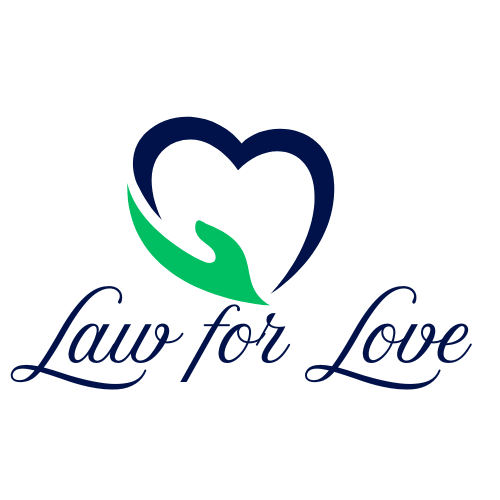


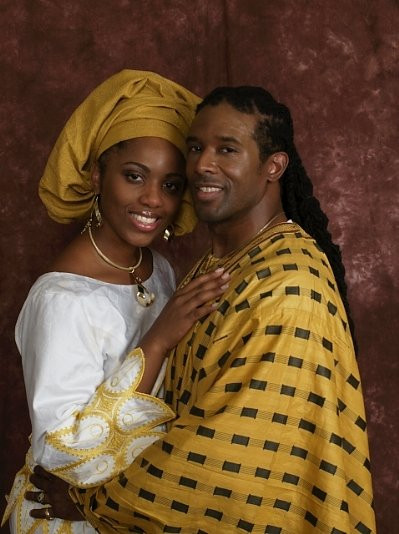
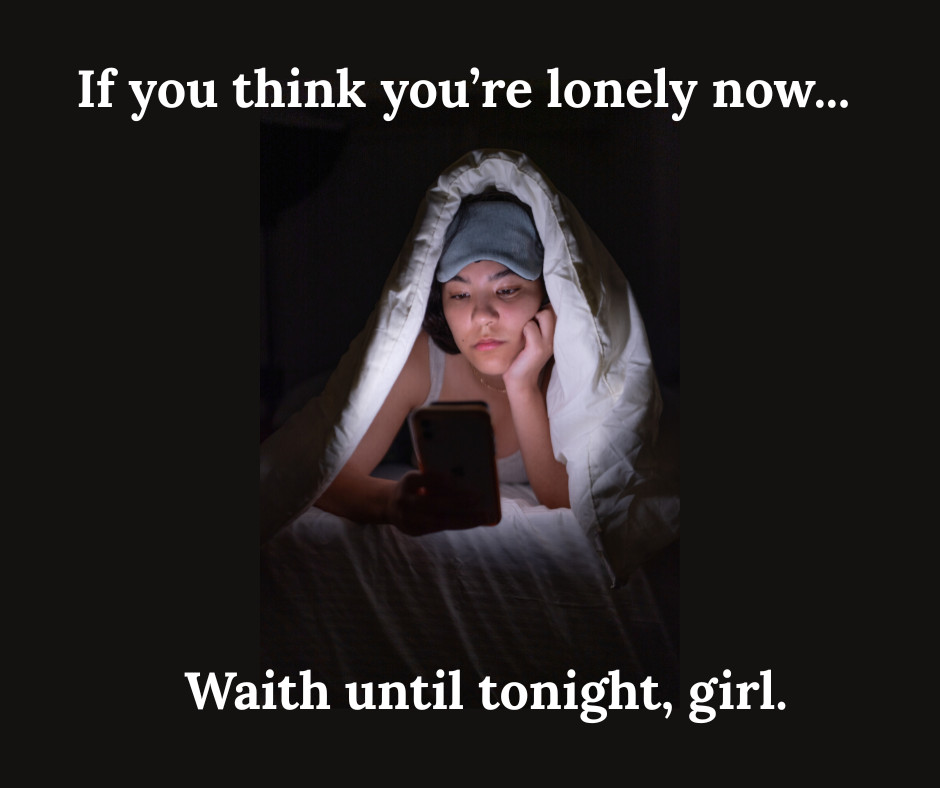

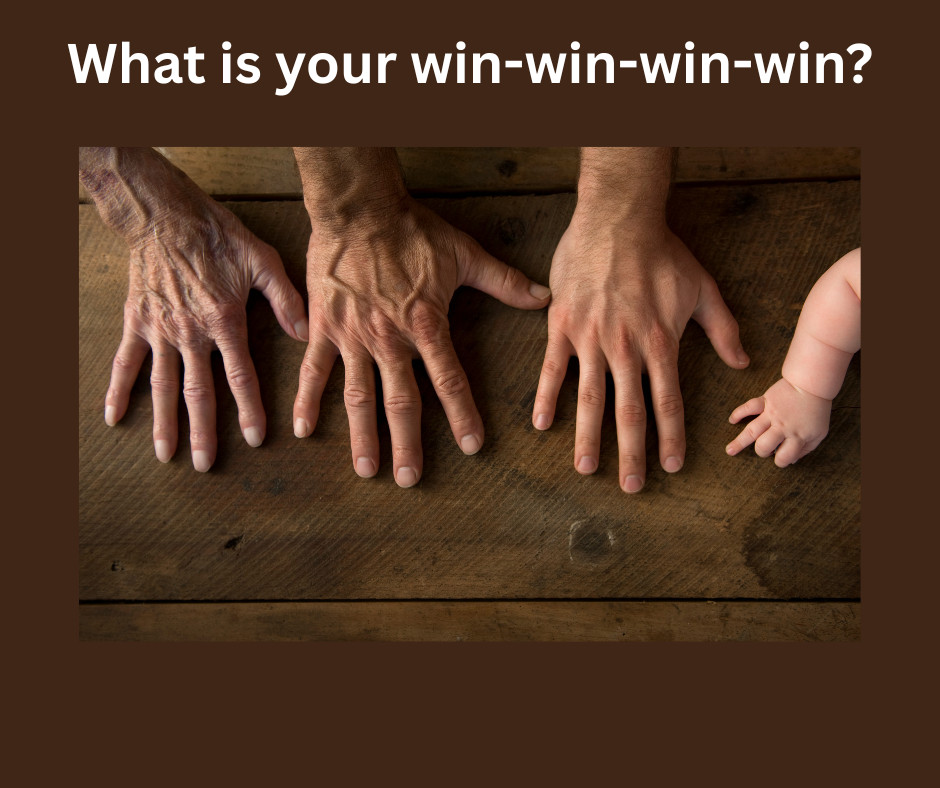
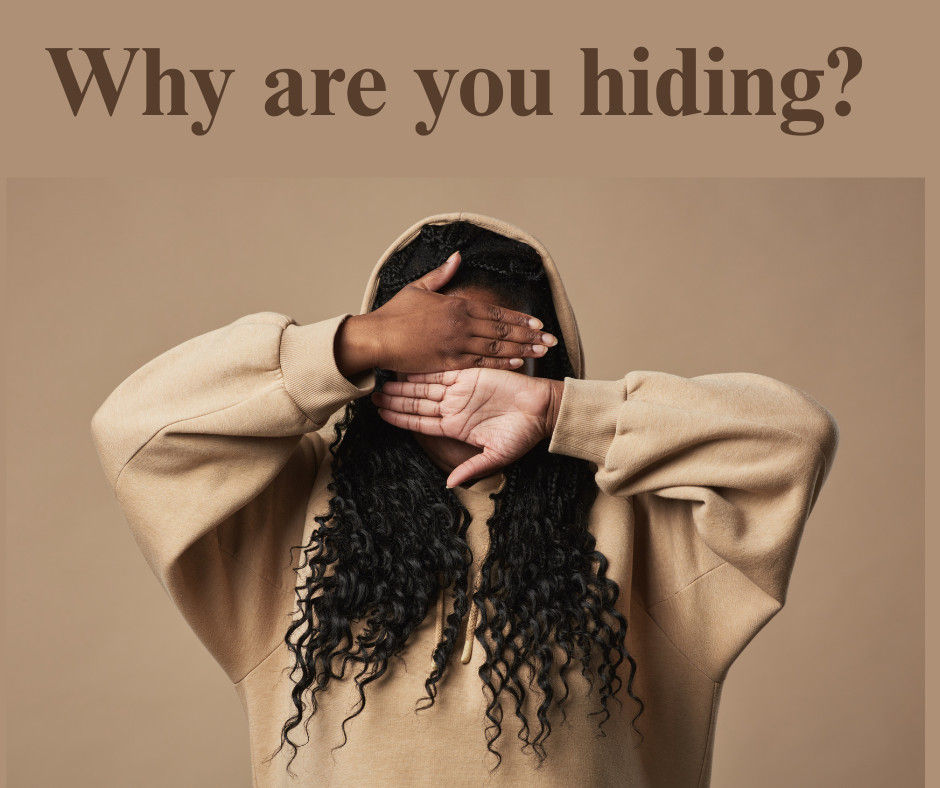
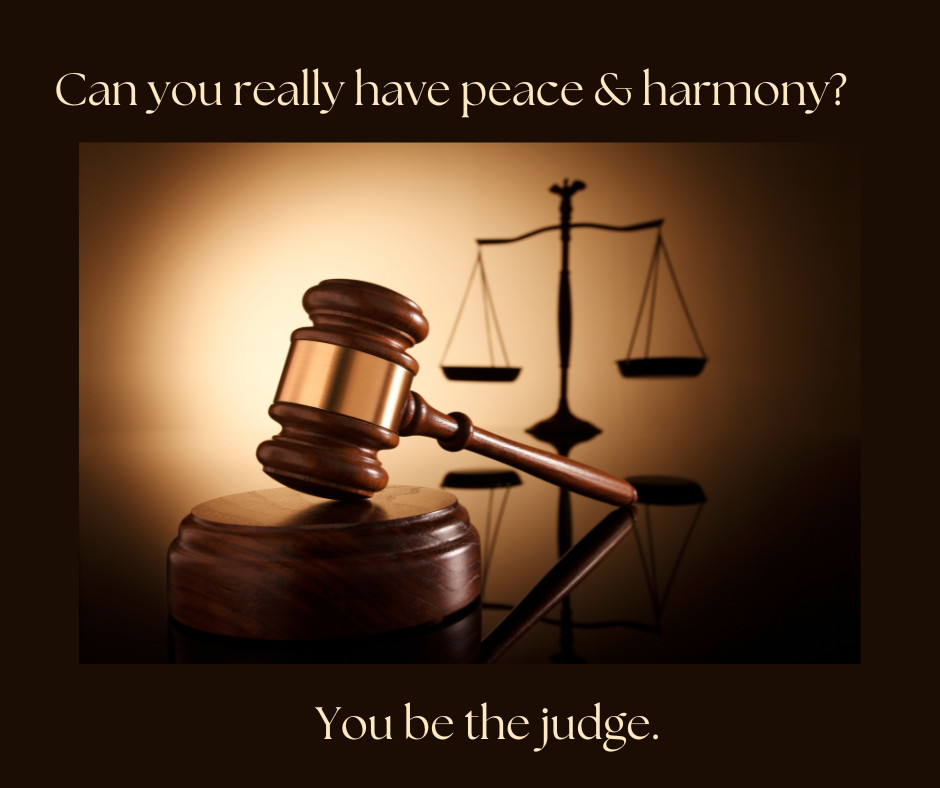
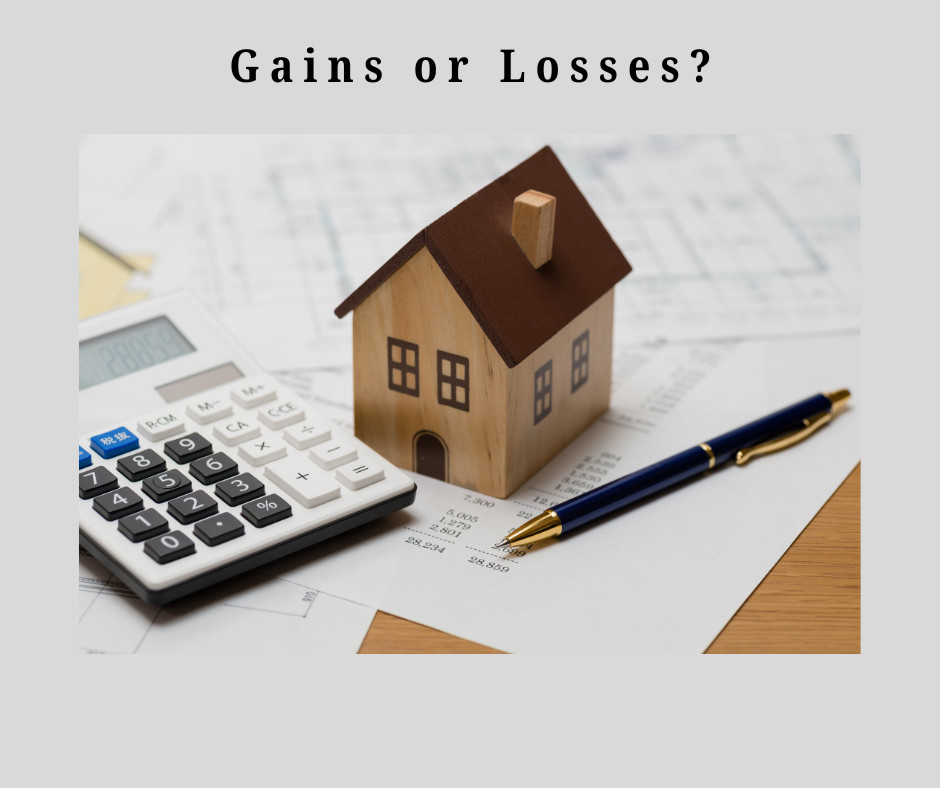
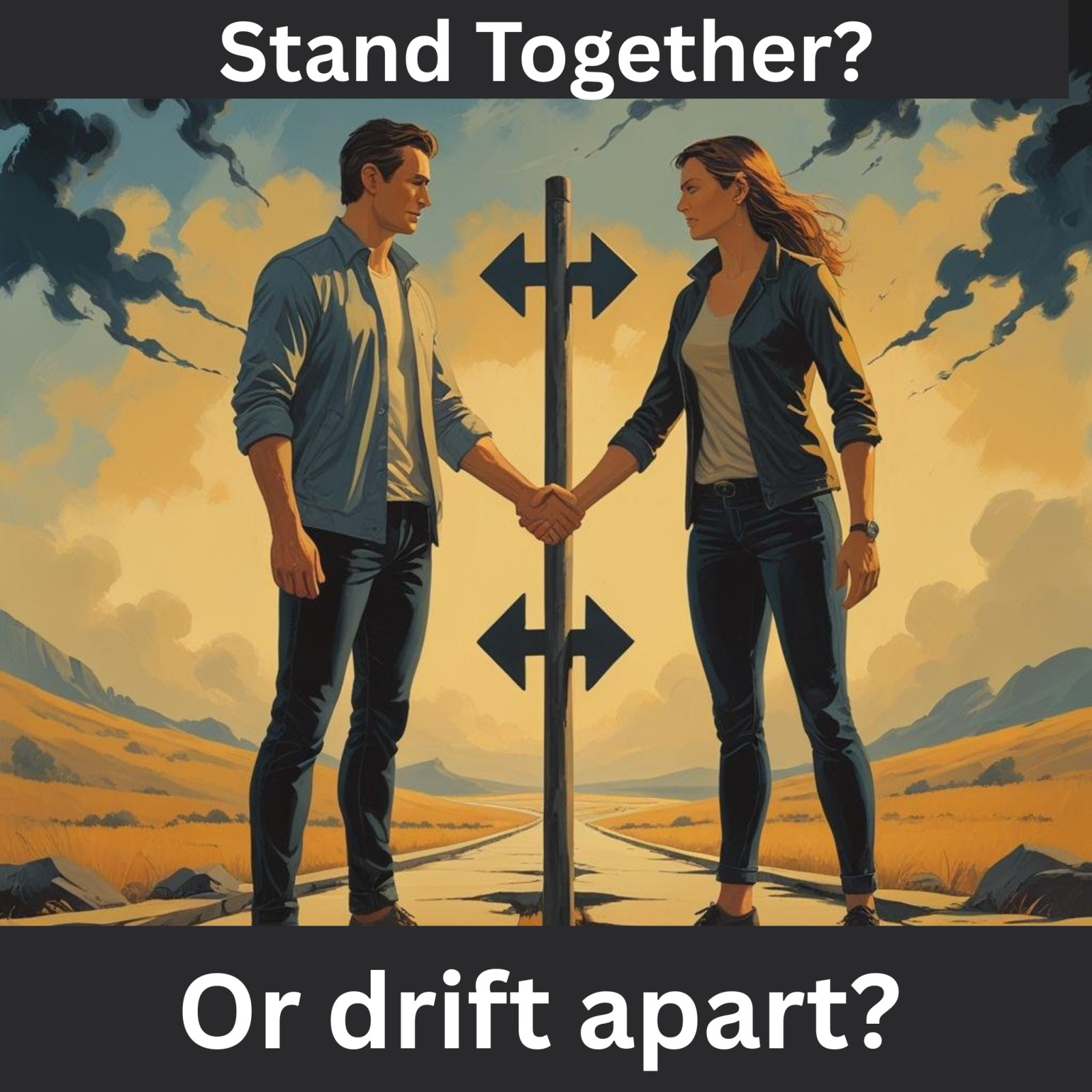

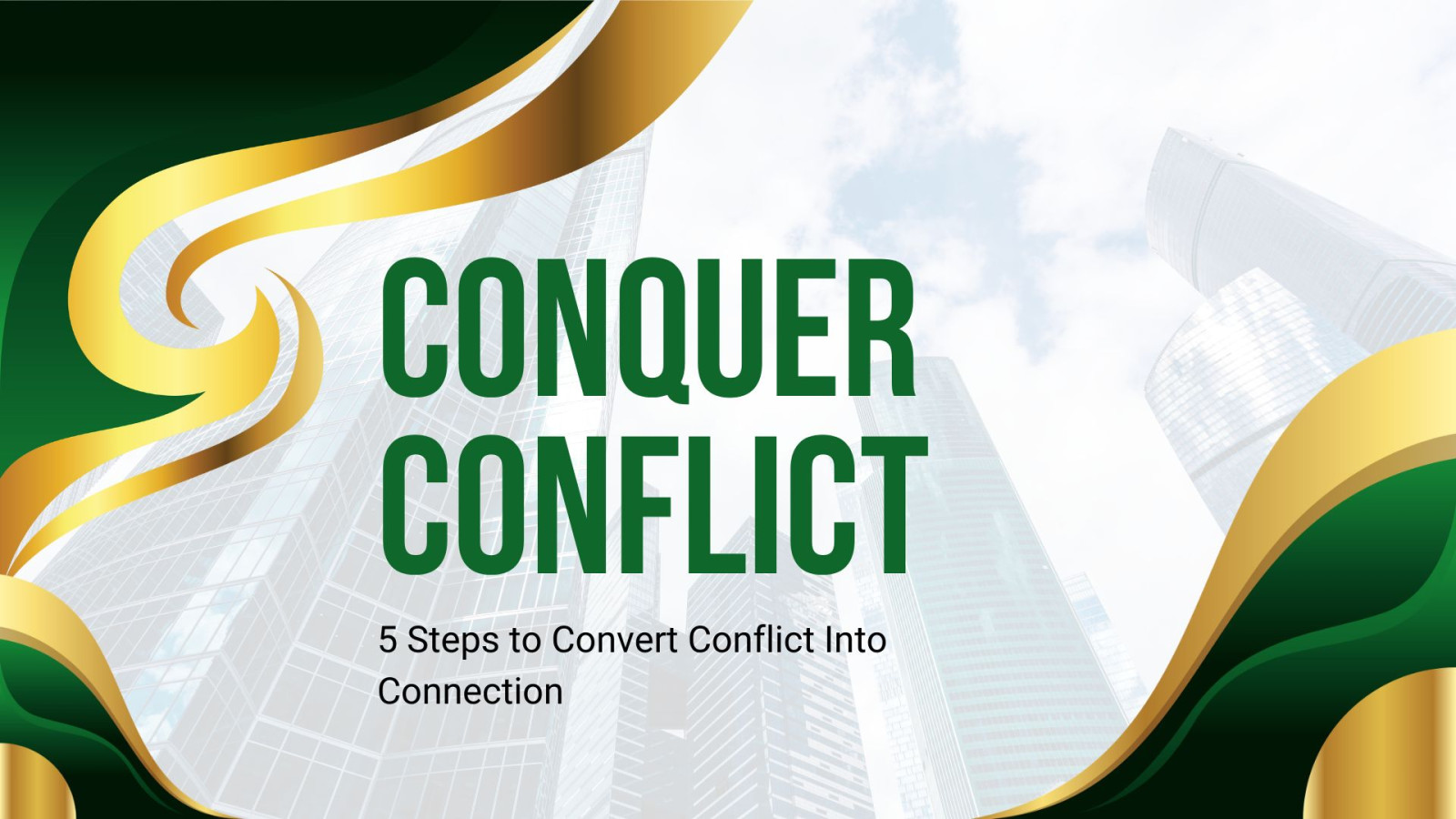
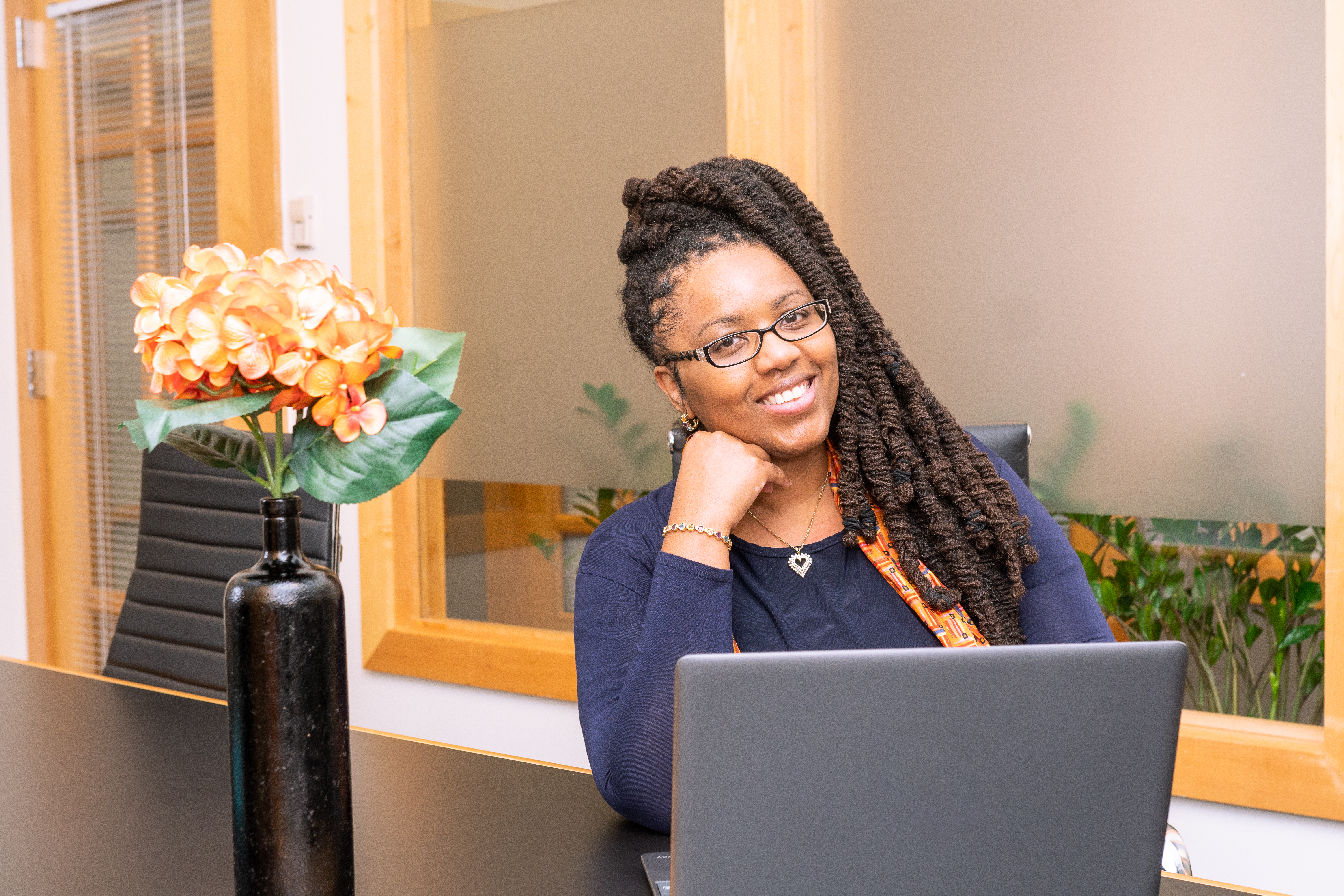
0 Comments